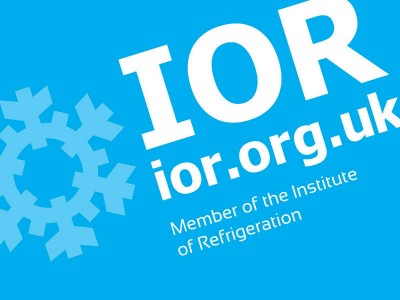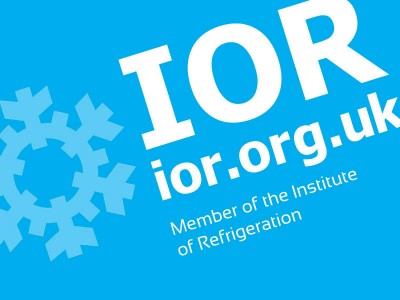About The Heat Pump Association (HPA)
The HPA recognises that heat pumps will only fulfill their promise in the market if suppliers, installers and users fully appreciate their function and capabilities. A major objective of the association, therefore, is to raise awareness of heat pumps by informing prospective specifiers of their long-term benefits, reassuring end users and providing up-to-the-minute advice on the various systems available. The HPA conveys this message by generating publicity using exhibitions, literature, promotions and public relations.
Preparing The Way
Like most technology, heat pumps will only produce their greatest benefits if they are fully understood by specifiers, installers and users.
The Heat Pump Association believes that it is vital that key people in industry are aware of the potential of heat pumps.
The Association, therefore, places great emphasis on advice and education, to ensure that systems are appropriate to their applications and installed with the highest degree of professionalism.
Heat Pumps – The Facts
Heat pumps supply more energy than they consume, by extracting heat from their surroundings. Currently heat pump systems can supply as much as 3kW of heat output for just 1kW of energy input. Heat is transferred from outside air or from warm exhaust air. It can also be drawn from a water source such as river, ground or waste water. Heat from any of these sources is used to heat air or water for various heating needs. Unlike other heating systems heat pumps can also be used for cooling.
Heat pumps are used for: commercial space heating, process heating and domestic heating
HPA Roadmap
The Heat Pump Association (HPA) has launched its vision report; “Delivering Net Zero: A Roadmap for the Role of Heat Pumps”. The report outlines the heat pump industry’s commitment and readiness to step up to the challenge of delivering the necessary decarbonisation of heat through the scaling up of heat pump deployment.
The industry’s efforts to establish wide-scale deployment of heat pumps in the UK will be delivered through three key pillars:
 Putting the consumer at the heart of change
Putting the consumer at the heart of change Upskilling the installer base to create a cohort of highly skilled low-carbon heat installers
Upskilling the installer base to create a cohort of highly skilled low-carbon heat installers Working with government to ensure a supportive policy mix
Working with government to ensure a supportive policy mix







